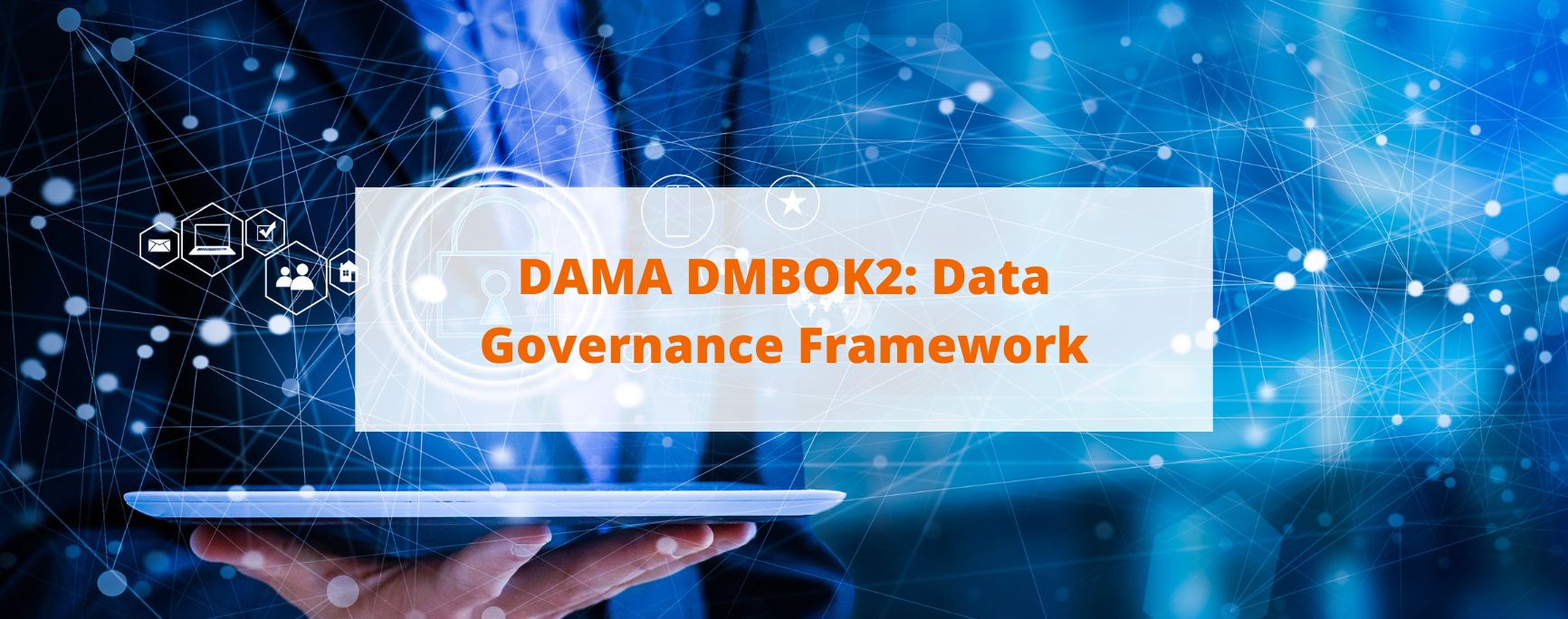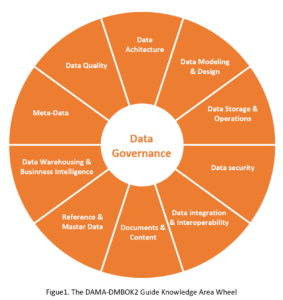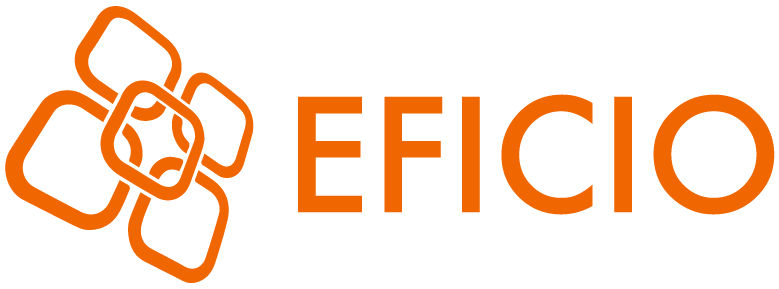
A Reference Framework for Data Governance: DAMA DMBOK2
Data management is a major challenge for today’s organizations. The exponential growth of data and the increasing complexity of IT environments have made it essential to establish robust data governance strategies. This is where the DAMA DMBOK2 data management framework comes into play. DMBOK2 presents a comprehensive approach to effective data management.
DAMA (Data Management Association) International is a non-profit international organization whose mission is to promote best practices in data management. The DMBOK2 (Data Management Body of Knowledge) is the reference framework developed by DAMA, which provides a comprehensive and structured approach to effectively manage data.
DMBOK2 consists of six main domains of data management, each representing an essential aspect of data governance:
- Data and Expertise Management: This domain involves defining roles and responsibilities related to data management, as well as developing skills and training for data management personnel.
- Enterprise Data Management: This domain aims to align data management with the strategic objectives of the enterprise. It encompasses data governance, strategic planning, policy development, and risk management related to data.
- Operational Data Management: This domain focuses on daily data management activities such as collection, capture, validation, storage, and integration of data. It also includes data quality and metadata management.
- Information and Knowledge Management: This domain concerns the creation, classification, management, and dissemination of information and knowledge within the organization. This includes document management, knowledge bases, and information repositories.
- Data Security Management: This domain addresses aspects related to data protection, such as data confidentiality, integrity, and availability. It also includes access and authorization management, as well as compliance with data protection regulations.
- Data Technology Management: This final domain focuses on the technical aspects of data management, such as tools, technologies, and architectures necessary for efficient data management. It also encompasses infrastructure, databases, and information systems management.
Each domain of DMBOK2 is detailed in the reference framework, providing practical guidelines and best practices for every aspect of data management. By following this framework, organizations can establish strong data governance aligned with their strategic objectives and ensure efficient and secure use of their data resources. The following diagram presents the knowledge areas of DMBOK2.

In conclusion, by implementing the principles and recommended practices in DMBOK2, organizations can improve their data governance, enhance regulatory compliance, optimize operational processes, and fully leverage the value of their data. This framework is not a one-size-fits-all solution. It is essential to adapt this framework to the context of your organization and deploy the most essential elements based on your organization’s maturity level and priorities. Our CIOs can assist you in implementing what is truly necessary in the context of your organization
Subscribe to the Eficio newsletter and be the first to receive our news!

